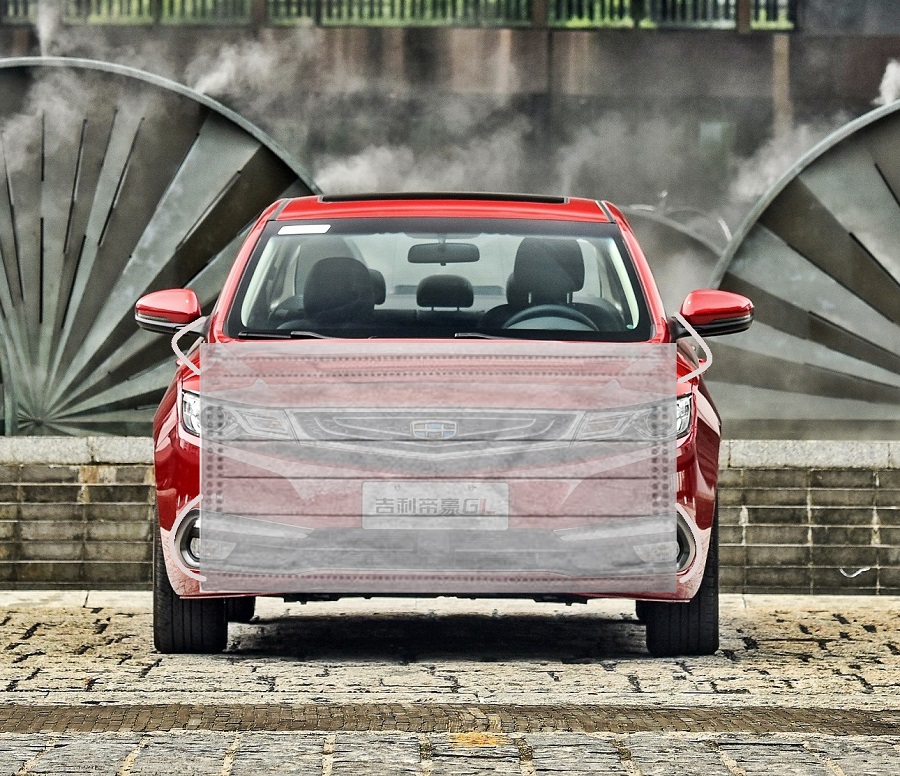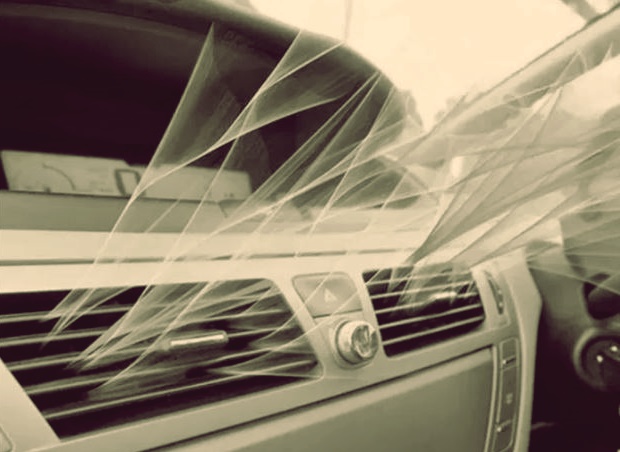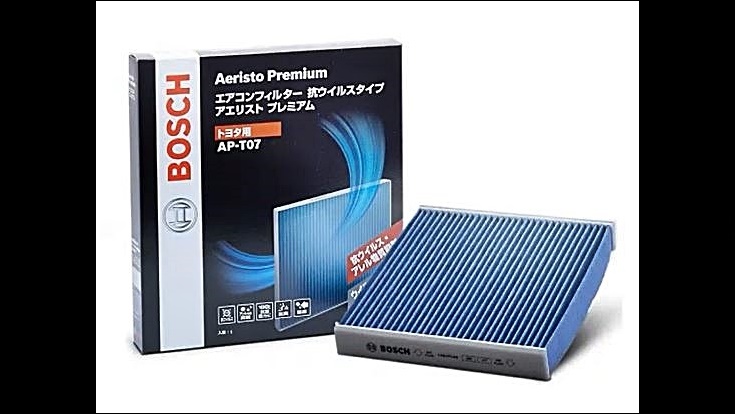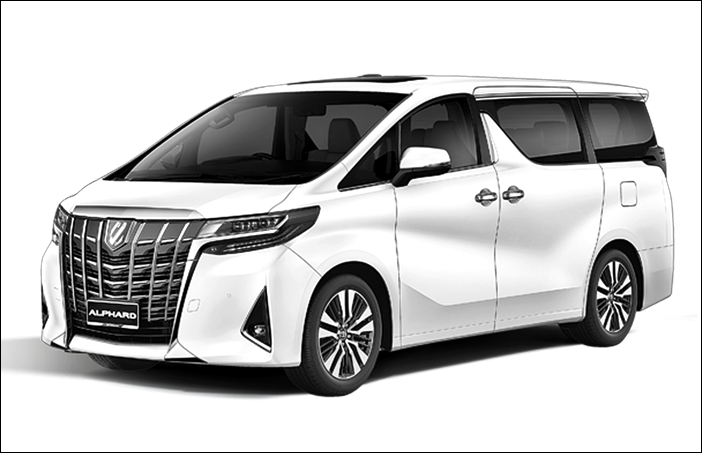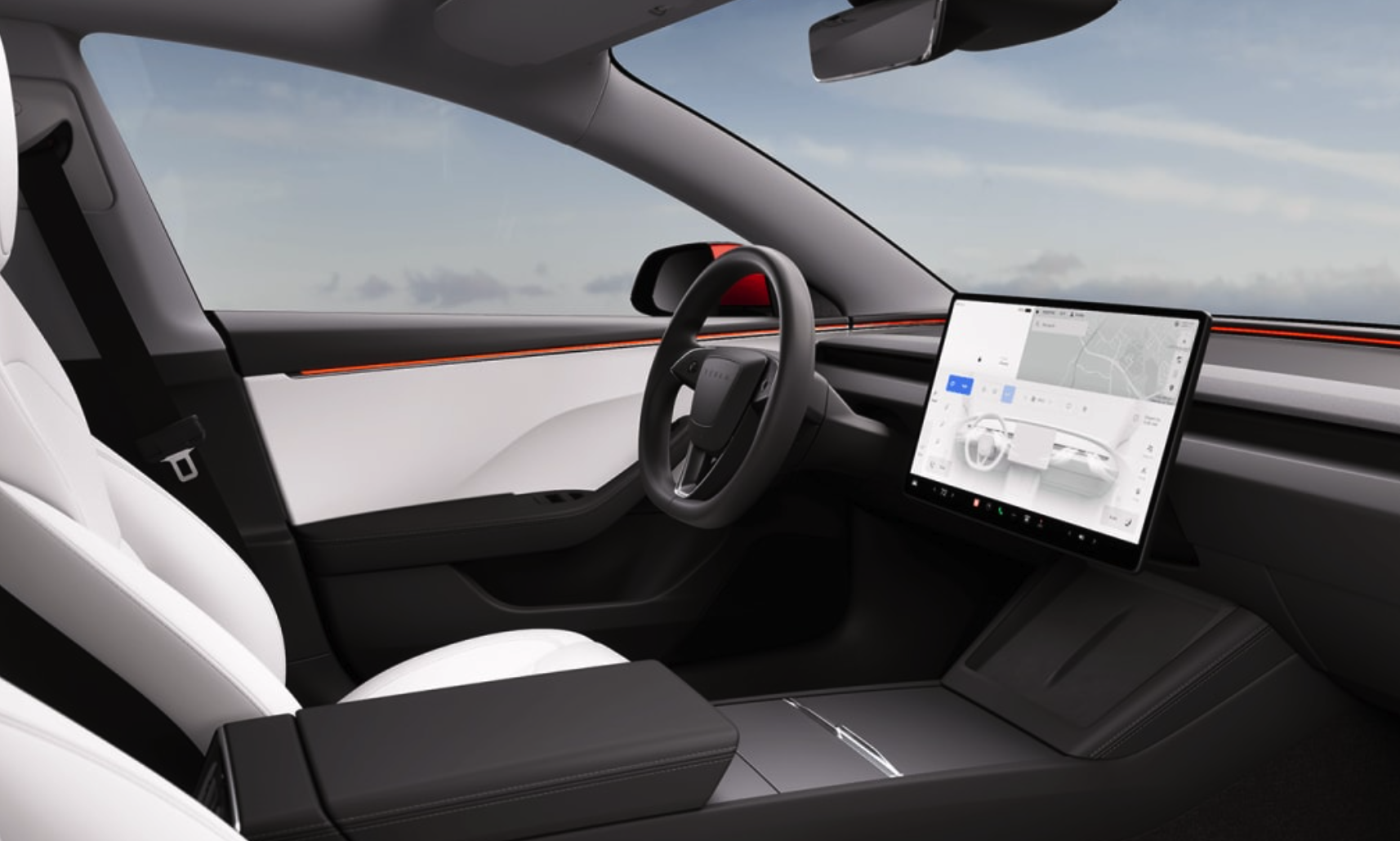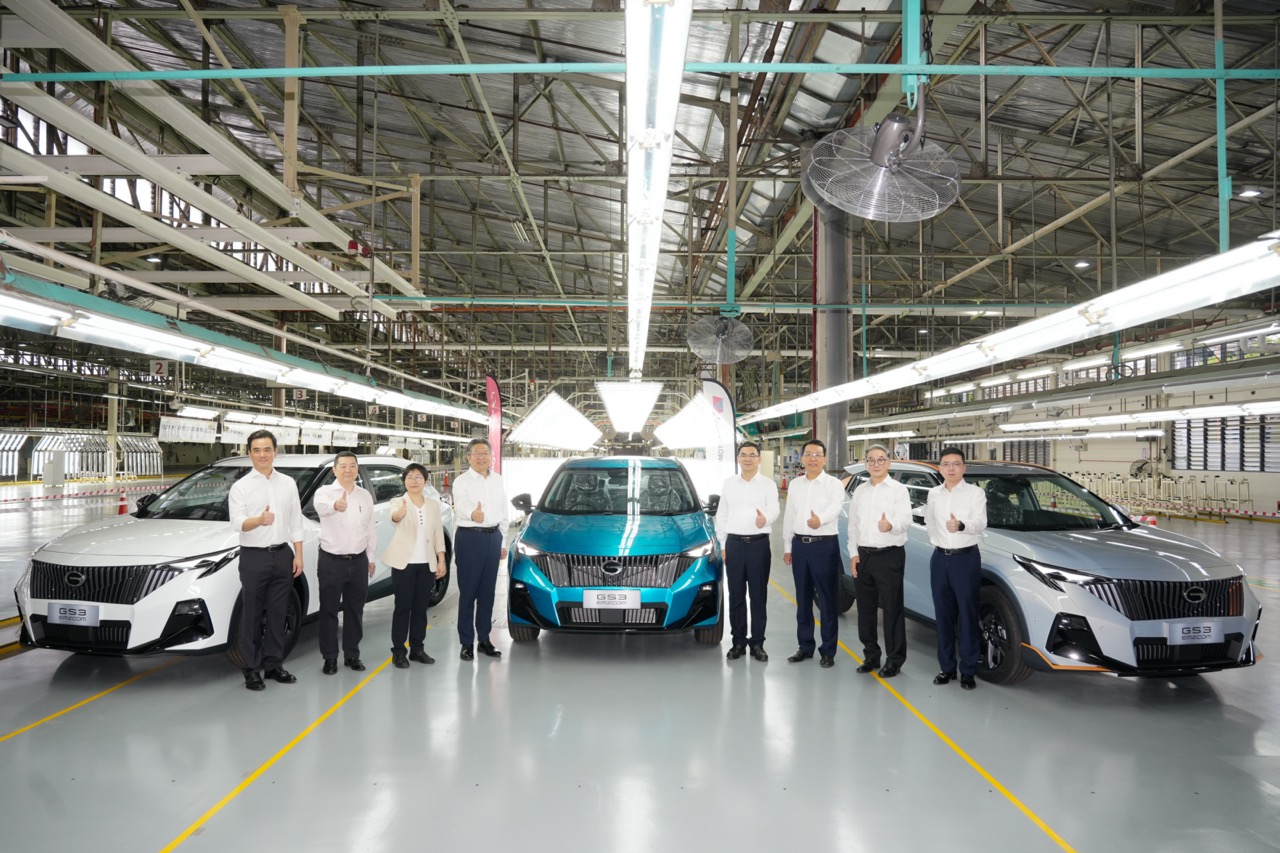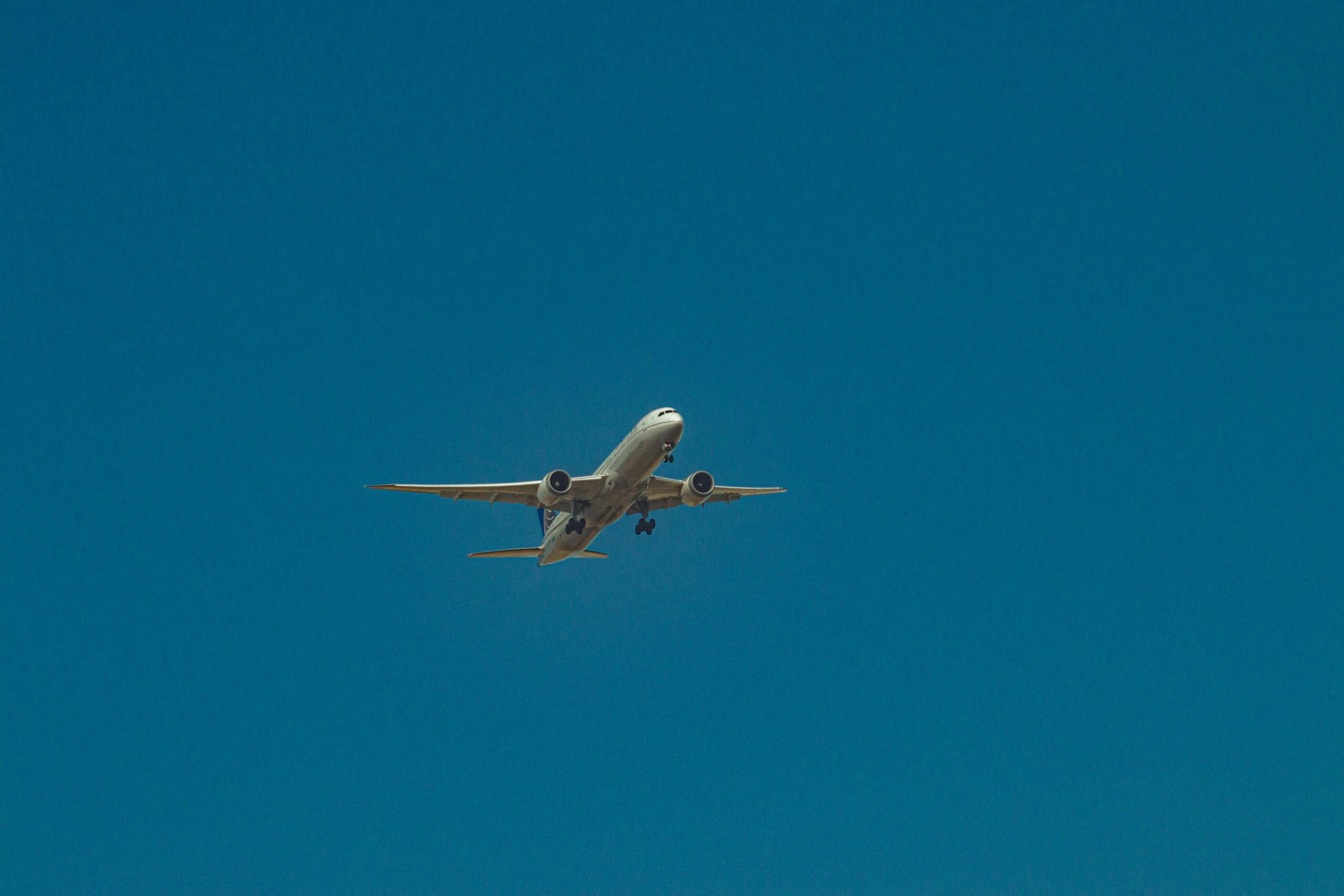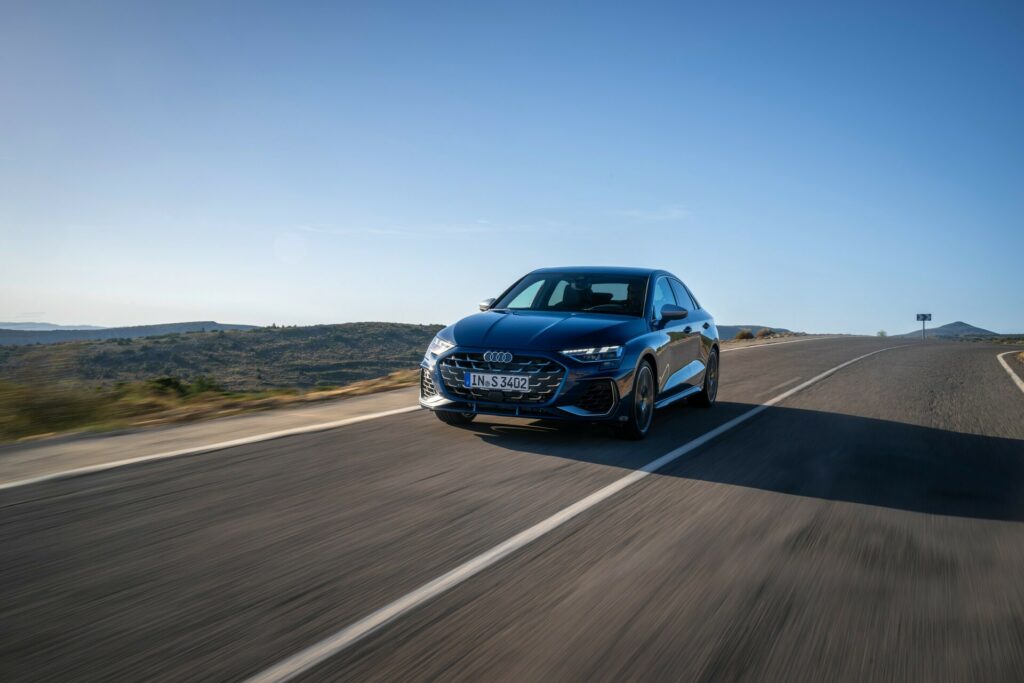The air we breathe has always had undesirable particles and germs but in Malaysia, we are fortunate that our air is not so polluted that our health is endangered (not to say that people do not suffer from unhealthy air quality). We have not had to wear face masks before but now we have to in order to protect ourselves and others from the spread of the COVID-19 coronavirus.
While we are now expected to wear face masks by law, it is also useful to take similar precautionary measures inside our cars. Most ventilation systems in today’s cars have some sort of filter, some more effective than others, to help catch dirt particles and keep the air quality reasonably clean.
Air quality is very important
Air quality is of great importance to all of us because it directly affects our health and immune system, as Dr. Rajveer Singh Saren, Ear, Nose and Throat (ENT) Specialist, stresses. “Air pollution is a silent killer and has caused over three million deaths in the Southeast Asian region. In Malaysia, the World Health Organization categorizes our air quality as moderately unsafe. In my 17 of years of practicing, I’ve seen an increase in health problems such as asthma, allergies, sinusitis, chronic bronchitis, lung cancer and heart attacks every year due to long term exposure to current air quality levels,” he said.
Some studies have found in-car air quality can be up to 15 times more polluted than the air outside the car. Sitting in traffic causes the highest air pollution in the car as emissions from surrounding vehicles can flow into the car.
Subsequently, a Bosch Automotive Aftermarket (AA) study done in April this year reported that 96% of Malaysian drivers do realise this and showed concerns about air quality in their car. On top of that, exhaust or unpleasant smells and dusty air in the car are the two most common experiences – 64% and 58%, respectively – that drivers notice. These are an indication that many vehicles may have a clogged cabin filter.
Dust, dirt and bacteria
The same survey also reported that the top three types of air pollutants drivers are concerned about are dust, dirt and bacteria. A cabin filter in the ventilation system should be able to capture and keep out these unwanted air contaminants and impurities, as well as smoke, mold spores and pet hair.
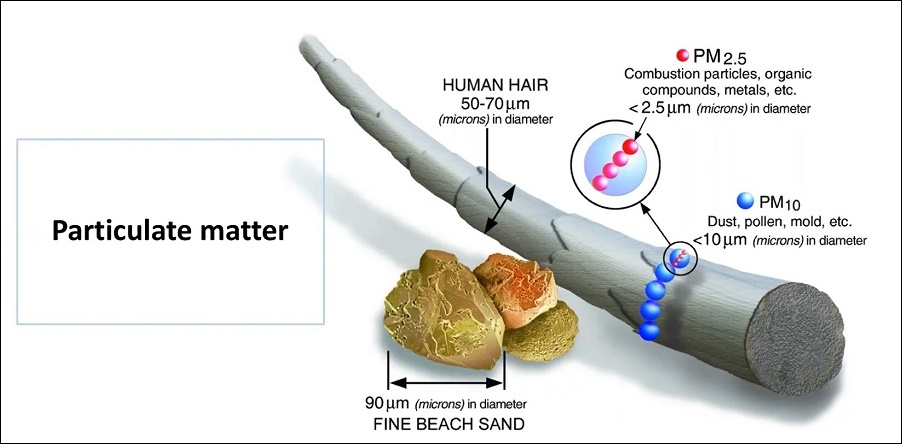
The better cabin filters may also have enhanced features including anti-bacteria and anti-virus properties that can help minimise exposure risks to airborne pollutants, bacteria and viruses while sitting in the car.
Use good quality filters
“We at Bosch highly encourage drivers to start making the air quality in the car cabin a focal point for health with prioritizing the use of good quality cabin filters in this new normal and beyond. Many drivers are unaware of the existence of a cabin filter as they are an unseen car part. They are in fact a simple, affordable, and very accessible car part that helps limit airborne pollutants, bacteria and viruses from flowing into the car cabin, and reduces our exposure to them. It is with this additional protection that drivers and passengers can be safer in their cars without wearing a mask,” said Dillion Goh, Marketing Manager of Bosch AA.
“The new normal way of life has heightened the awareness on the importance of air quality in relation to our health. The quality of air in your car cabin – how much it stops airborne pollutants, bacteria and virus from the outside air brought into a car – can make a key difference being you staying healthy and falling ill,” he added.
Bosch makes various types of cabin filters with various features such as the ability to remove or trap particles as small as 2.6 microns (a strand of human hair is 50-70 microns in diameter), and an activated carbon layer that absorbs and neutralizes unpleasant smells and harmful gases.
Replace periodically
Just like the air and oil filters in the engine bay, the life of cabin filters is not unlimited. As dirt is trapped, it accumulates and affects the airflow. first. A few that the filter is clogged and needs replacing is when you can smell unpleasant odours, frequent foggy windows and reduced coldness from the air conditioner (although this can also be due to refrigerant diminishing over time.
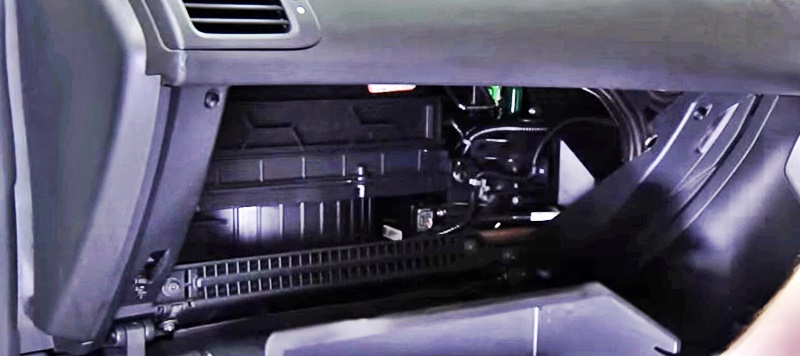
Depending on the manufacturer’s recommendation, the cabin filter should be replaced every year or every 15,000 kms, whichever comes first. Replacing filters is usually an easy procedure and its location will be mentioned in the Owner’s Manual (usually behind the glovebox in the dashboard).


